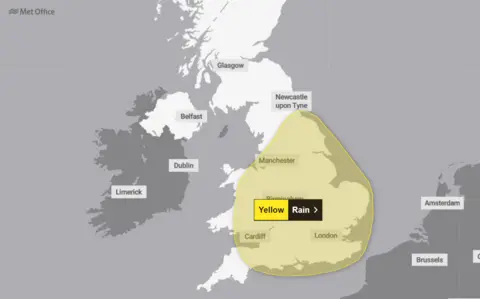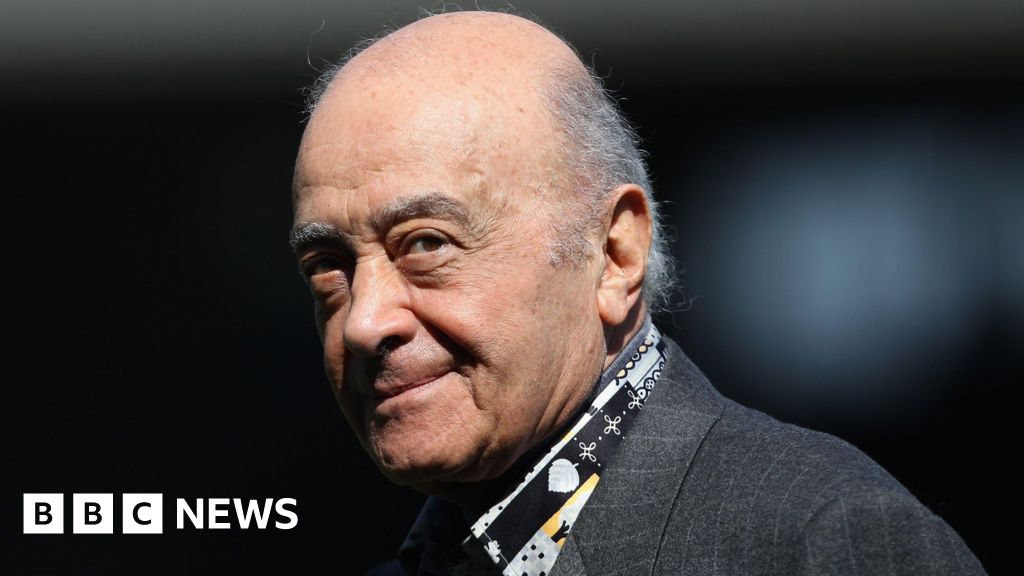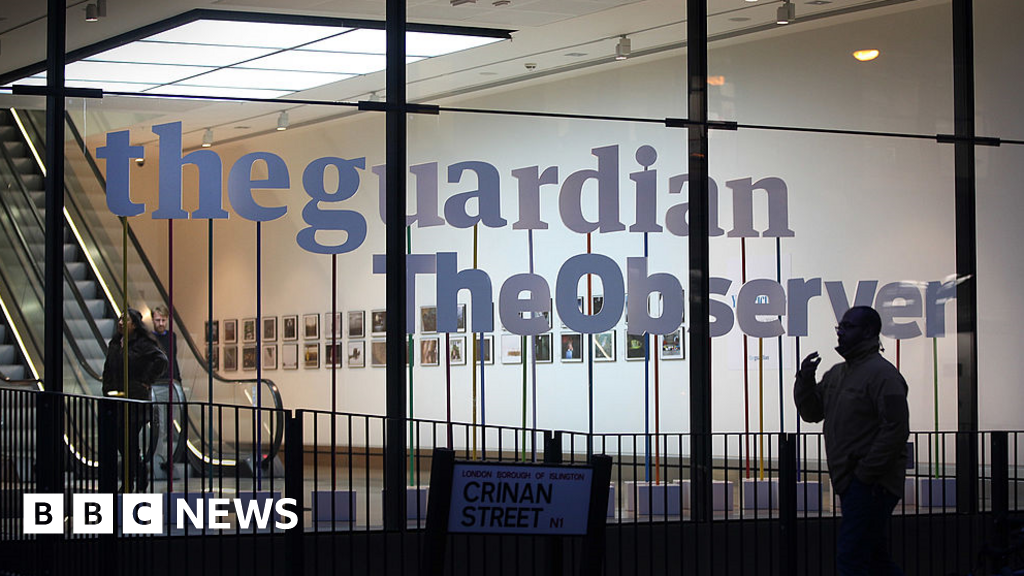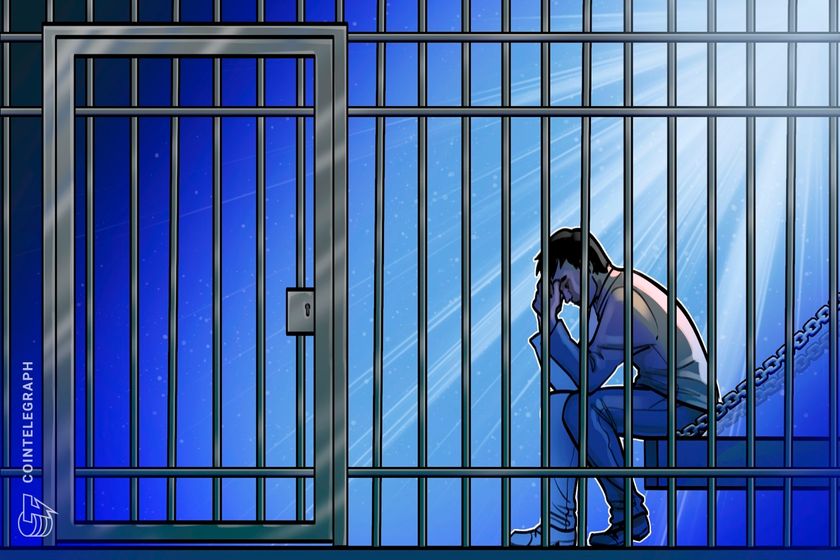Move over, copilots: it’s time to make room for the AI agents.
That has been the message from the software industry in recent days, as some of the biggest companies have lined up behind the latest idea for how to turn generative artificial intelligence into a staple of working life.
Microsoft, Salesforce and Workday this week put agents at the centre of their AI plans, while Oracle and ServiceNow have also used the industry’s annual round of user conferences this month to promote the idea.
AI assistants known as copilots — a term first popularised by Microsoft — have become the software industry’s main response to the generative AI unleashed by the launch of ChatGPT nearly two years ago.
The latest wave of AI agents are designed to go further and take actions on behalf of users. While agents have become the newest front in the battle between tech giants like OpenAI and Google, they have also turned into the software industry’s latest attempt to sell generative AI to business customers.
The evolution reflects both an advance in the underlying technology, as well as a new marketing pitch from an industry looking to capitalise on a heavily hyped technology that has yet to have much impact on its revenues.
If the industry’s claims prove true, the move from AI assistants to agents could also open the door to a far more disruptive phase in the evolution of generative AI, both for workers affected by the technology as well as software companies themselves.
Behind the spread of agents — also widely referred to as “agentic” systems — lie a number of advances in the underlying technology since the first generative AI chatbots.
Greater memory enables the systems to retain a better understanding of context, while planning capabilities have advanced. Agents also often connect to other systems through APIs — application programming interfaces — meaning they can take actions on behalf of a user rather than just return information.
The latest wave of agents is designed to act as an extension of the copilots that came before rather than replace them completely. According to Microsoft CEO Satya Nadella, his company’s copilot software is evolving into an “enterprise orchestration layer”, a conversational interface through which workers will be able to create and use agents to carry out specific tasks.
Initially, AI agents are mainly being promoted as tools to take over simple, routine actions, like filling out an expenses report.
But some companies are already touting their ability to handle more complex tasks, or even take over some jobs completely. Automating customer support systems has been a main area of focus, potentially replacing large numbers of call-centre workers.
So far, generative AI has done little to lift the revenue growth of software companies.
The entire software industry is still in “‘show me’ mode on copilots or AI agents”, says Jim Tierney, a growth stock investor at AllianceBernstein. “It is still an open question exactly how this is going to be monetised,” he added.
Marc Benioff, chief executive of Salesforce, suggested there was a lack of traction for copilots, telling the FT: “Microsoft has deceived customers with their AI strategy, they don’t need to DIY it. We build it into our platform, customers shouldn’t be forced to train and retrain their models.”
The software companies are betting that customers will see direct productivity benefits in agents that can take on entire tasks.
According to Microsoft’s Nadella, as AI systems like these become increasingly capable, “models themselves become more of a commodity and all value gets created by how you ground, steer and fine-tune these models with your business data and workflow”.
As agents take on more of the workload, that could put companies like Apple, with its dominant smartphone platform, and Microsoft, with its desktop productivity apps, in the best place to win, said Tierney.
For now, the full implications of that shift are likely to be muted, as the tendency of generative AI systems to “hallucinate” makes users cautious about allowing them to take unsupervised actions.
“I’m sceptical, and even a little bit nervous” about the widespread use of agents, said Barry Briggs, a former chief technology officer at Microsoft and now an analyst at Directions on Microsoft, an independent research firm.
The probabilistic nature of the technology means that customers will not be able to use the technology for important tasks, but instead will have to build it into work processes that give workers the final say, he added.
Yet some companies already claim to be taking the technology to its logical conclusion. Last month Sebastian Siemiatkowski, CEO of Swedish fintech company Klarna, said his company was on the way to halving its workforce with AI.
Siemiatkowski also made waves in the software industry by saying Klarna would abandon Salesforce and Workday completely and instead use AI to develop the software it needs to run its business. That claim is widely seen as an outlier in the tech world given the current state of the technology, though it points to what some claim will be a far more disruptive future.
Most software investors, however, are betting the big winners will be the existing powers in the software industry — even if it is still unclear how or when the pay-off from technology will come.
As extensions of copilots, agents are merely the latest step in the attempt by today’s leading software companies to stake out the territory and prepare themselves for the time when generative AI has advanced to a point where it can deliver real productivity gains, said Kevin Walkush, a portfolio manager at Jensen Investment Management.
The current generation of agents were unlikely to do much for software company revenues, he added, but: “It’s all about establishing their beachheads and long-term positioning.”
Even if the incumbents are best placed to win, the shift towards agent-based systems could still cause upheaval in the way they do business. Most have charged customers a licence fee based on the number of workers who use their software — a model that would be threatened if AI agents make a serious dent in staff counts.
In response, most software companies have started to test usage-based pricing that ties their revenue to query volumes. Salesforce, for instance, says it will charge $2 for each “conversation” with its AI agents. Many also talk about a shift to outcome-based pricing that will allow them to share in some of the gains that customers get from using the software, though it is unclear how this might work.
“It’s early, we don’t know how the pricing models will play out,” said Byron Deeter, a partner in Bessemer Venture Partners and investor in early-stage software companies.
Like the move to the cloud, when a change in the way software companies book revenues caused a period of turmoil for the industry, the shift to a new pricing model for AI “might be bumpy for public [software] companies”, he added.





































































































































You must be logged in to post a comment Login